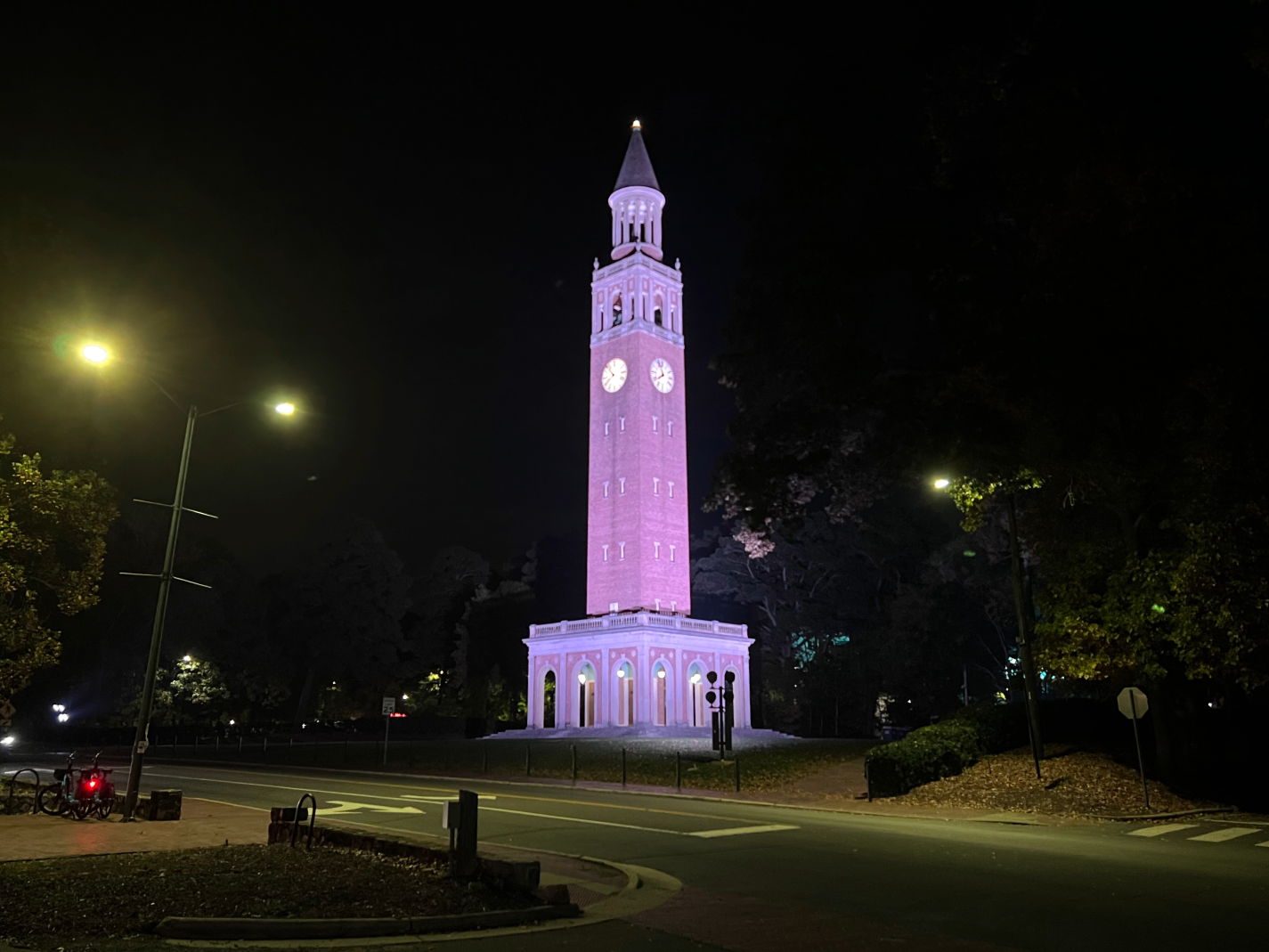
Editor’s Note: This article was originally published by The Daily Tar Heel on December 8, 2024. With edits to match Minding the Campus’s style guidelines, it is crossposted here with permission.
The pioneering new School of Civic Life and Leadership (SCiLL), like anything at UNC-Chapel Hill, can be celebrated or criticized. But querulous history professor Jay Smith and other avowed SCiLL antagonists are wrong to keep insisting that the University’s Board of Trustees “created it by fiat.” That’s false—just ask former chancellor Kevin Guskiewicz.
It’s true that the trustees adopted a resolution in January 2023 endorsing the University administration’s proposed school and urging its acceleration. The resolution was meant to support and advance senior administrators’ budget memo outlining the program, which had circulated on campus for several months.
That memo followed lengthy and open administration and faculty discussions dating to 2018 about expanding Carolina’s pro-democracy Program for Public Discourse and its civic-minded IDEAs in Action curriculum, including at two Faculty Council meetings in 2019. The concept was hardly new in 2023; indeed, some faculty had long opposed it.
[RELATED: Will the Marketplace of Ideas Promote Campus Free Speech?]
Guskiewicz, a respected academic leader and a vocal proponent of SCiLL, established the initiative’s definitive timeline in his March 2023 response to an inquiry about it from the University’s accreditor, the Southern Association of Colleges and Schools Commission on Colleges (SACSCOC), which The Daily Tar Heel posted online.
“It is worth noting that, though we are still very much in the beginning of the process, the work regarding the curriculum expansion for the Program for Public Discourse derives from planning, conversations, discussions with faculty leaders, and site visits dating back to February 2018,” the then-Chancellor wrote in his letter to SACSCOC. “This planning included a site visit by senior leaders to the campus of Arizona State University in 2018 to learn about their School of Economic Thought and Leadership, among other objectives.”
As Guskiewicz later said of SCiLL at an October 2023 Faculty Council meeting: “This is not something that dropped out of the sky. I’m excited about the opportunities that I believe it presents… This is something that we can be very, very proud of in the coming years.”
I trust Guskiewicz’s version of events. But if he misled the University’s accreditor, then Professor Smith and other faculty members have a duty to file a complaint with SACSCOC. Will they?
Contrary to the contrived orthodox narrative, SCiLL is as worthy an example of shared University governance as you’ll find, unlike the faculty hegemony some seem to expect and demand.
[RELATED: Ending the Leftist Think Monopoly on Campus]
I have faith that Chancellor Lee Roberts, Provost Christopher Clemens, Dean Jim White of the College of Arts & Sciences, Director Jed Atkins and the school’s faculty, staff and students will make SCiLL an innovative success benefiting not just North Carolina, but also our bitterly divided nation.
As renowned social psychologist Jonathan Haidt, author of “The Righteous Mind,” said of SCiLL during a talk this year at Carolina: “Boy, does America need that.”
Boy, was he right.
Assailing imperfect efforts to promote open-mindedness, intellectual humility, ideological tolerance, and civil debate surely do not help matters. But in any case, we should at least get the history right.
Follow Matthew Eisley on X.
Image of Bell Tower at UNC – Chapel by Jared Gould
Yes we should get the history right, but I reject the underlying presumption of shared governance extending to the mission of a public university. Even if they didn’t do it, the Board of Trustees ought to have been able to do so — with faculty who didn’t like that free to go teach elsewhere.
The public is paying for the institution and hence the public, through the Governor and Legislature whom they elect, should have the right to decree what the mission of the university will and will not be. That is what a Board of Trustees is for.
This is how it was a century ago when campus administrations had a whole lot more authority than they do now. Faculty should not be able to veto the will of the Governor and Legislature — like with all other jobs, do what you are told or LEAVE.